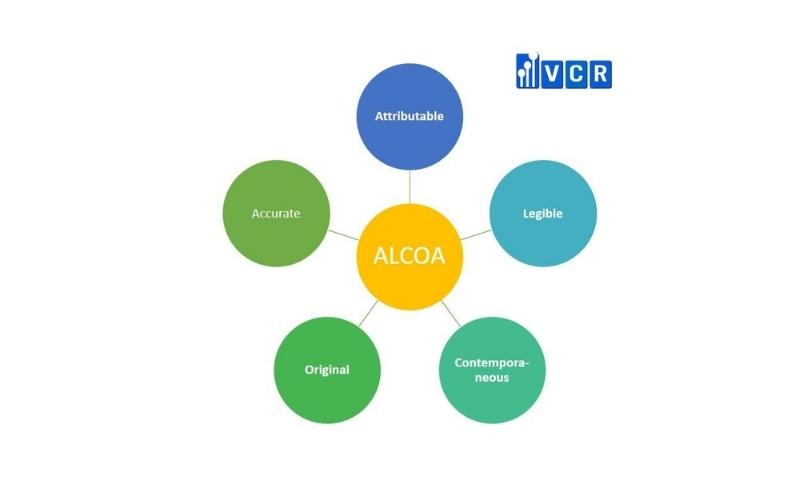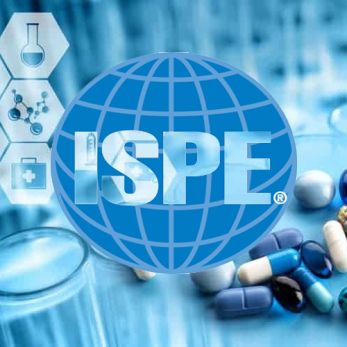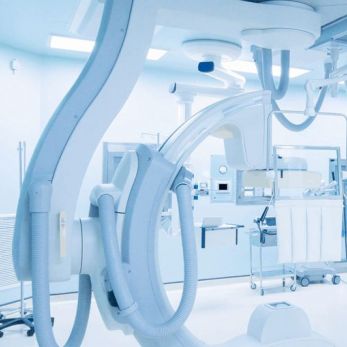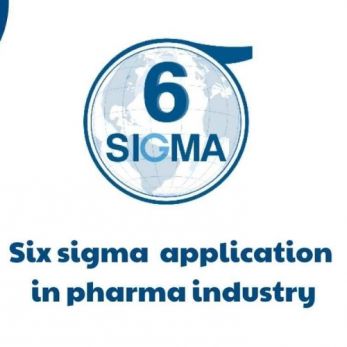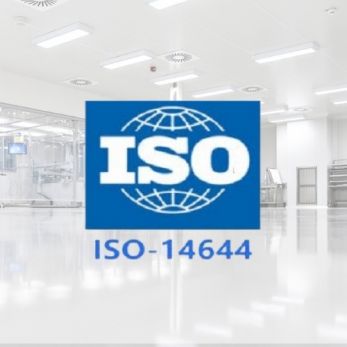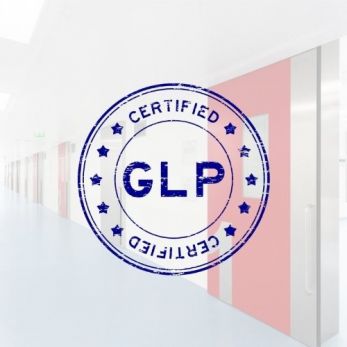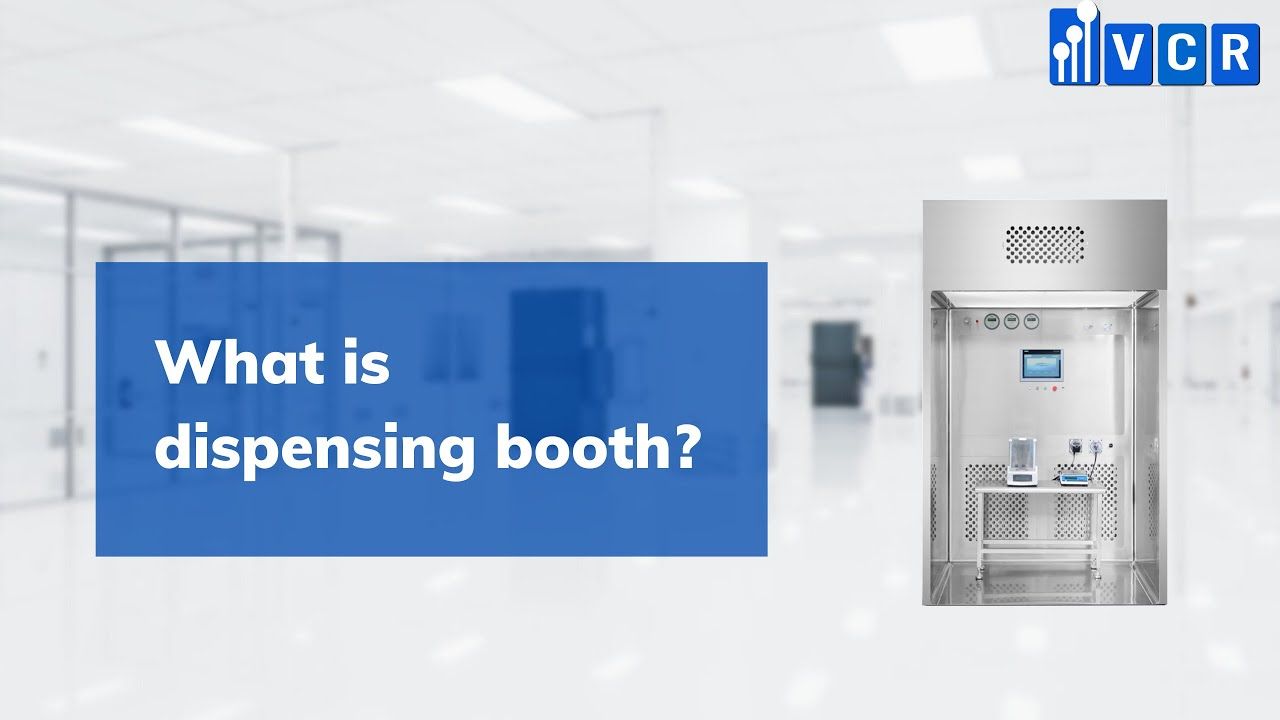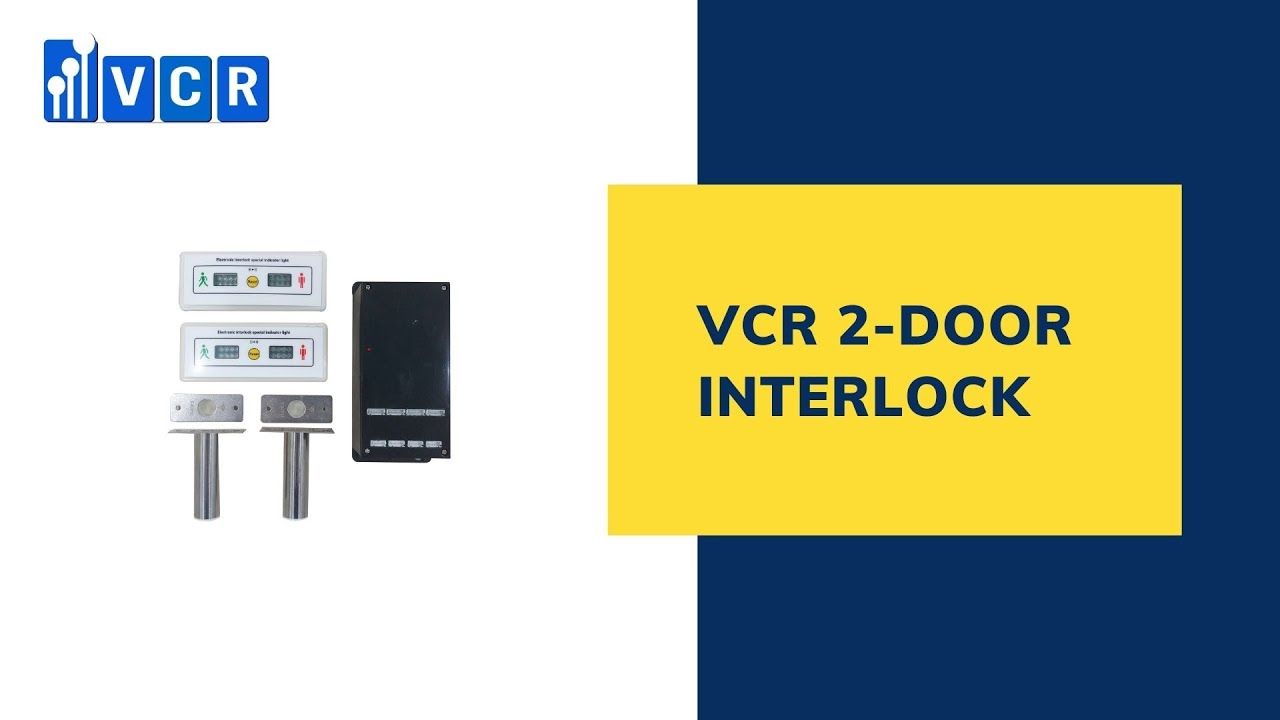Data Integrity Principles In Pharmaceutical Industry
Data integrity is one of the most important requirements in the pharmaceutical industry. It especially refers to Chapter 4 of the EU GMP. Recently, the issue of data integrity in these industries is becoming a hot topic among regulators and pharmaceutical
Data integrity is one of the most important requirements in the pharmaceutical industry. It especially refers to Chapter 4 of the EU GMP. Recently, the issue of data integrity in these industries is becoming a hot topic among regulators and pharmaceutical manufacturers. In this article, VCR will clarify the data integrity principles in pharmaceutical industry.
1. What is data integrity?
Data integrity is defined as the consistency, accuracy, and completeness of data.
Data integrity is the protection of data from unauthorized changes, like backdating of documents, the destruction of original data, and unrecorded deviations among the discoveries.
Data integrity is very important in any industry, and it is especially important in the pharmaceutical industry where data error can cause serious harm to human health and life.
2. 5 principles of data integrity
Principles of data integrity require standardization to implement and improve product quality. That's why the ALCOA was formed. Based on the ALCOA model, data needs to be adhered to 5 principles to ensure data integrity: attributable, legible, contemporaneous, original, and accurate.
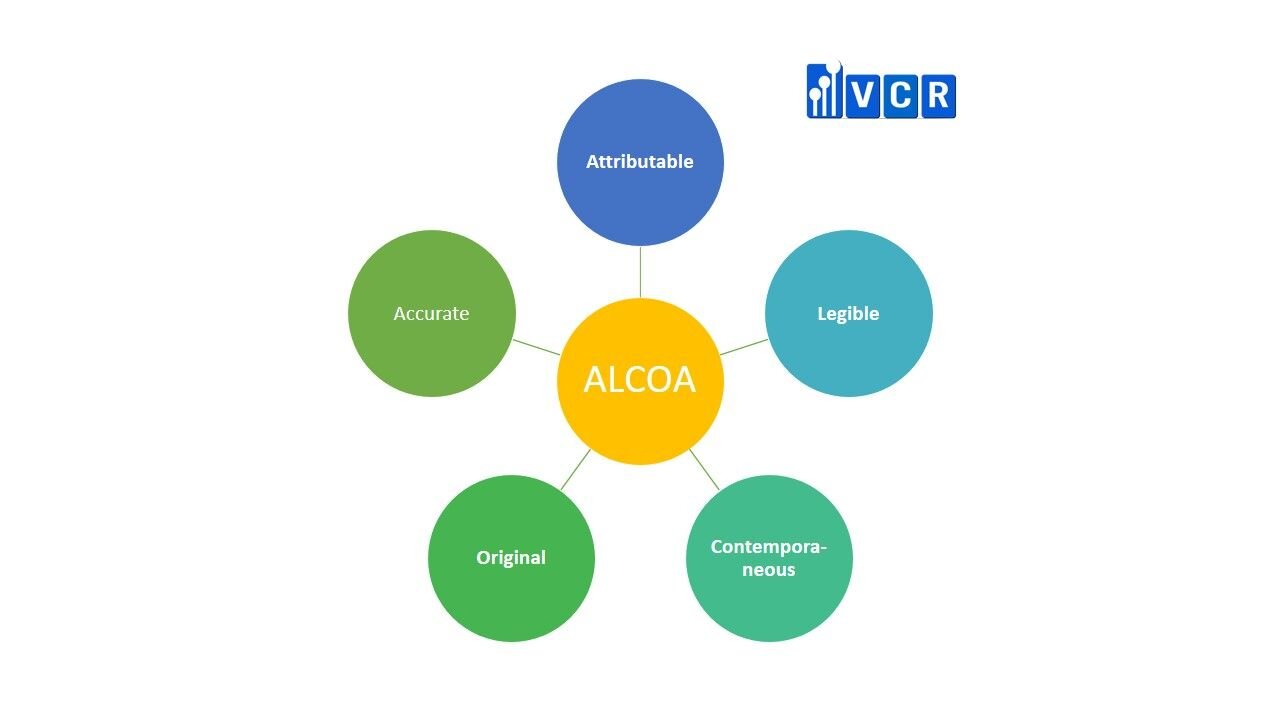
- Attributable
Each piece of data is attributed to its creator. This data needs detailed information about who created it and when it was created. The information must be completed simultaneously through a paper version (signature, background information, etc.) or an electronic version (through the electronic system). Recommendations of Good Documentation Practices (GDP) need to have signatures, names, changelogs, which enables to record the data.
- Legible
All data should be legible and unchanged. Data will be used multiple times by many people so there must be clear principles to serve everyone. In terms of data legibility, GDP recommends using non-erasable pens and having enough space for data in the document and forms.
- Contemporaneous
Data is always recorded simultaneously at the time the action or work is performed. Make sure no documentation is recorded after the action or work is finished. All timestamps and dates represent the reliability of the data. Otherwise, the data will be considered unreliable and may be discarded.
The general advice is to make sure the data is in sync, even having a central computer system to make sure all the data is in sync.
- Original
Having a protocol for entering data for the first time is very important. It could be a form, a report, a dedicated notebook, or a database that solves many problems associated with data originality.
- Accurate
Achieving data accuracy means ensuring that the data is error-free, complete, truthful and that it reflects the observations made. Editing data without logging means accuracy is lost. Therefore, it's important to always record who, when, and why changed data records.
When it comes to accuracy, it must be kept to a high standard. Witness checking is a technique used when recording important data to ensure its accuracy. Incorporating checking the accuracy of the computer system (if any) is also a good thing to do.
Vietnam Cleanroom Equipment (VCR) specializes in providing clean room equipment for contractors in Vietnam. We provide high-quality products with competitive prices and large quantities nationwide.
For details, please refer to Vietnam cleanroom equipment official website
https://en.vietnamcleanroom.com
Or contact us via hotline: +84 90 123 7008 / +84 90 123 9008 (Whatsapp)


